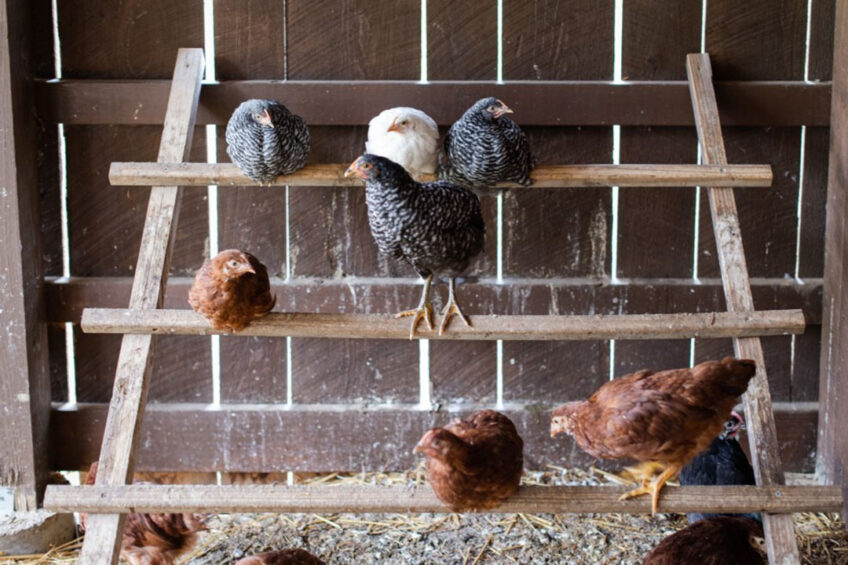Russian agri giants call to ban backyard poultry farming

The Russian union of poultry producers, Rosptitsesoyuz, has called on the government to prohibit poultry production on backyard farms, raising fears of accelerating the spread of avian influenza in the country.
The Russian lawmakers passed a bill greenlighting backyard poultry farmers in July of 2022. The decision was called to constrain the rise in domestic food prices.
Backyard farms in Russia are usually family-owned operations allowed to produce food for personal consumption only. Until recently, backyard poultry farmers needed to register as individual commercial farms that are permitted to sell their products and were also subjected to state veterinary control.
There are believed to be millions of backyard farms in Russia, especially in rural areas, though most of them focus on growing vegetables and potatoes. During discussions of the law, Russian market players expressed doubts that a large number of Russians would opt for keeping broilers in their backyards given the low price for broiler meat on the domestic market.
Expanding threats
Rosptitsesoyuz, with 250 industrial Russian poultry producers, including the country’s largest agricultural holdings, raised concerns that the new law threatens the Russian poultry industry by accelerating avian influenza spread and can ultimately lead to a drop in production, as the virus from backyard farms could migrate to big farms.
Out of 53 bird flu outbreaks in 2021, 46 were registered at the individual farms, the Russian federal veterinary watchdog, Rosselhoznadzor, estimated.
Anatoly Velmatov, executive director of the National Association of Turkey Producers, told the Russian newspaper, Kommersant, that veterinarians physically cannot get to all backyard farms to check compliance with poultry breeding rules.
Russia’s largest meat producer, Cherkizovo, claimed that large meat producers invest unprecedented money in biosecurity, but full protection cannot be provided if birds get sick at private farms near industrial farms.
Velmatov warned that some large meat producers annually buy all the birds in the individual farms located close to their production facilities, and with the adoption of the law, these costs may rise. Under the existing Russian veterinary regulation, an avian influenza outbreak, even at a small farm keeping only a few heads of poultry, requires the veterinarians to instate quarantine within a 5-km zone, where all other poultry farms are required to suspend operation.
Under the new rules, unscrupulous players can purchase birds and place them next to the poultry production complexes to sell at prices above the market, Velmatov said.












